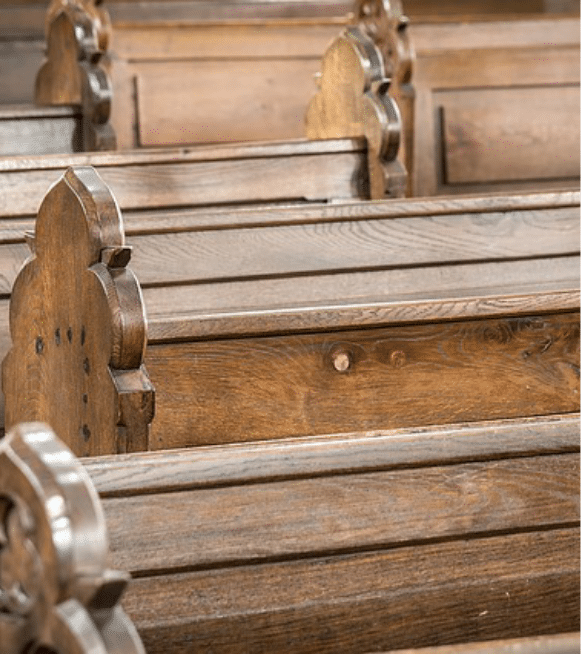If a reader were to pick up a medieval European text, he might find the author contending that theology is “the queen of the sciences.” Science, in this rendering, has to do with any study of a body of knowledge. It did not simply mean the study of the physical or natural world. In this old Christian view, theology is the most important and noble of studies because God is more important than anything. All things were made by Him and for His glory, and, in the course of history, He has redeemed all things through Christ. While other disciplines are worthy of pursuit and while there are different vocations for God’s people, theology at its best seeks to behold the face of God—even as in a mirror, darkly—which far outstrips all other human pursuits. Indeed, all people have their own theological opinions, and theological implications are hard to avoid. All knowledge points to its origin and end.
However, the contemporary reader of such claims may find them deeply quixotic. What is commonly called the university—an institution devoted to the unity of the truth—is actually a multiversity of highly specialized research, isolated disciplines, and secularism. “Secularism” in this context means that Christian claims are but one of many on a smorgasbord of options. Orthodox Christian faith holds no authoritative sway over the university, and the day-to-day life of the school is disengaged from official church governance. To be all-inclusive (especially in a government-sponsored academic context), Christians intent on “doing” theology in the classroom must be relegated to the cordoned-off divinity school or the generic religion department. Education is about career advancement, self-realization, or (hopefully) establishing good citizens. It is not about the formation of saints.
But, as time has gone on, it has become apparent that this state of affairs is anything but neutral. The dominant paradigm for reading texts and analyzing the claims of others is one of deep skepticism. In other words, what an author or person is really after is maliciously hidden or unknowingly repressed. Scholarship means decoding the oppression.
Read more at WORLD Opinions.
St. Jude's Anglican Church
We are a parish of the Reformed Episcopal Church. We have been worshiping together in the greater Richmond area for over a decade. We’d love to have you join us for Christian worship in the rich Anglican tradition.




